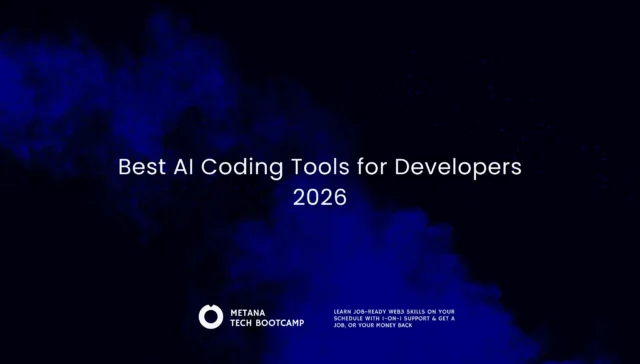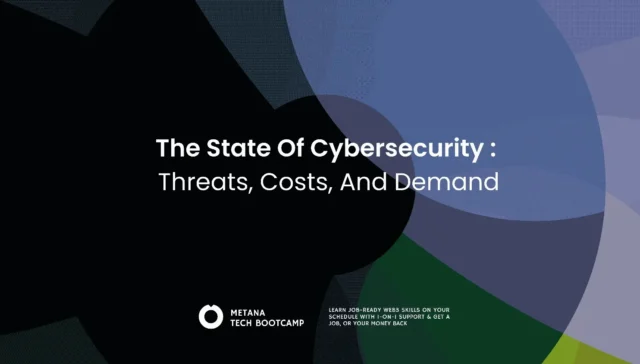Software engineering is a rapidly growing field offering lucrative career opportunities, flexibility, and the chance to shape the technology that drives modern life. Aspiring software engineers must consider their educational pathways, skill requirements, and professional development strategies. This guide covers everything you need to know about becoming a software engineer, including educational options, the time commitment, and how to succeed, even if math isn’t your strong suit.

What Does a Software Engineer Do?
Software engineers design, develop, test, and maintain software applications and systems. They leverage programming languages, frameworks, and databases to solve real-world problems through technology. Specializations can range from web and mobile development to data science and embedded systems, providing diverse opportunities for professionals in this field.
Educational Pathways for Becoming a Software Engineer
Bachelor’s Degree in Computer Science or Related Fields
A bachelor’s degree in computer science, software engineering, or a similar discipline is a traditional and widely accepted route. Programs generally take four years to complete and cover foundational topics such as programming languages, data structures, algorithms, and computer architecture.
This route is ideal for those who seek comprehensive theoretical knowledge alongside practical coding skills. Many employers value the depth of understanding that comes with a formal degree.
Coding Bootcamps
Coding bootcamps are intensive programs designed to teach industry-relevant skills in a short time, typically ranging from 3 to 12 months. These programs focus on hands-on training in areas such as full-stack development, mobile app creation, and database management.
Bootcamps are ideal for those who want to enter the workforce quickly or switch careers. While they may not cover the theoretical depth of a degree, they provide practical skills that are immediately applicable in the job market.
Self-Learning and Online Courses
Self-learning has become a popular choice thanks to platforms like Coursera, edX, Udemy, and freeCodeCamp. These platforms offer structured courses on topics ranging from basic programming to advanced algorithms.
This path is highly flexible and cost-effective, allowing learners to progress at their own pace. Success in self-learning depends on discipline and the ability to build a strong portfolio of projects to showcase your skills.
How Long Does It Take to Become a Software Engineer?
The time required to become a software engineer varies based on the educational path. A bachelor’s degree typically takes four years to complete. Coding bootcamps can take anywhere from 3 to 12 months, while self-learning timelines are flexible and depend on the individual’s dedication, often taking 1 to 2 years.
If you’re starting from scratch, your journey will depend on how quickly you can learn programming fundamentals, practice your skills, and build projects to demonstrate your abilities.
Do You Need a Degree to Become a Software Engineer?
While a degree is a common path, it is not mandatory to become a software engineer. Employers in the tech industry increasingly value skills and experience over formal credentials. Coding bootcamps, online courses, and self-learning can also lead to successful careers. However, some companies, particularly larger organizations, may prefer candidates with a degree for their theoretical foundation and structured training.
For those without a degree, building a strong portfolio and gaining experience through internships, freelancing, or contributing to open-source projects can help bridge the gap.
Skills Needed for Software Engineering

To thrive in software engineering, aspiring professionals should focus on the following skills:
Technical Skills
- Proficiency in programming languages like Python, Java, JavaScript, or C++.
- Understanding of data structures, algorithms, and design patterns.
- Familiarity with databases, version control systems like Git, and cloud platforms.
Soft Skills
- Strong problem-solving and analytical abilities.
- Effective communication for collaboration within teams.
- Adaptability to learn new technologies and tools as the industry evolves.
Can You Be a Software Engineer If You’re Bad at Math?
Yes, you can become a software engineer even if math isn’t your strength. While math is a core component of traditional computer science programs, many software engineering roles focus more on coding, logic, and problem-solving than on advanced mathematical concepts.
Specializations like front-end development, web development, and UI/UX design require minimal math. However, areas like data science, machine learning, and cryptography may involve more complex mathematical foundations.
Is Software Engineering a Lot of Math?
The math involved in software engineering depends on the specialization you choose. For general software development, math requirements are minimal, often limited to basic arithmetic and logical reasoning. Specializations like artificial intelligence, data science, and graphics programming may require knowledge of linear algebra, calculus, and statistics.
For most entry-level roles, logical problem-solving and coding proficiency are more critical than advanced math skills.
Soft Skills and Professional Development
Beyond technical expertise, software engineers need strong soft skills to excel in the workplace. Communication, teamwork, and time management are essential for collaborating effectively within development teams.
Building a portfolio of projects, participating in open-source contributions, and attending networking events can significantly enhance your career prospects. Engaging with professional communities, both online and offline, helps you stay updated on industry trends and connect with potential employers.
FAQs
How many years does it take to become a software engineer?
- The duration depends on the path chosen. A bachelor’s degree takes about four years, bootcamps last 3 to 12 months, and self-learning can take 1-2 years.
Do you need a degree to become a software engineer?
- No, a degree is not required. Coding bootcamps, online courses, and self-study are viable alternatives, though a degree may give you an advantage for some roles.
Can you be a software engineer if you’re bad at math?
- Yes, many software engineering roles prioritize coding and logical problem-solving over advanced math skills, making it accessible for those with limited math abilities.







